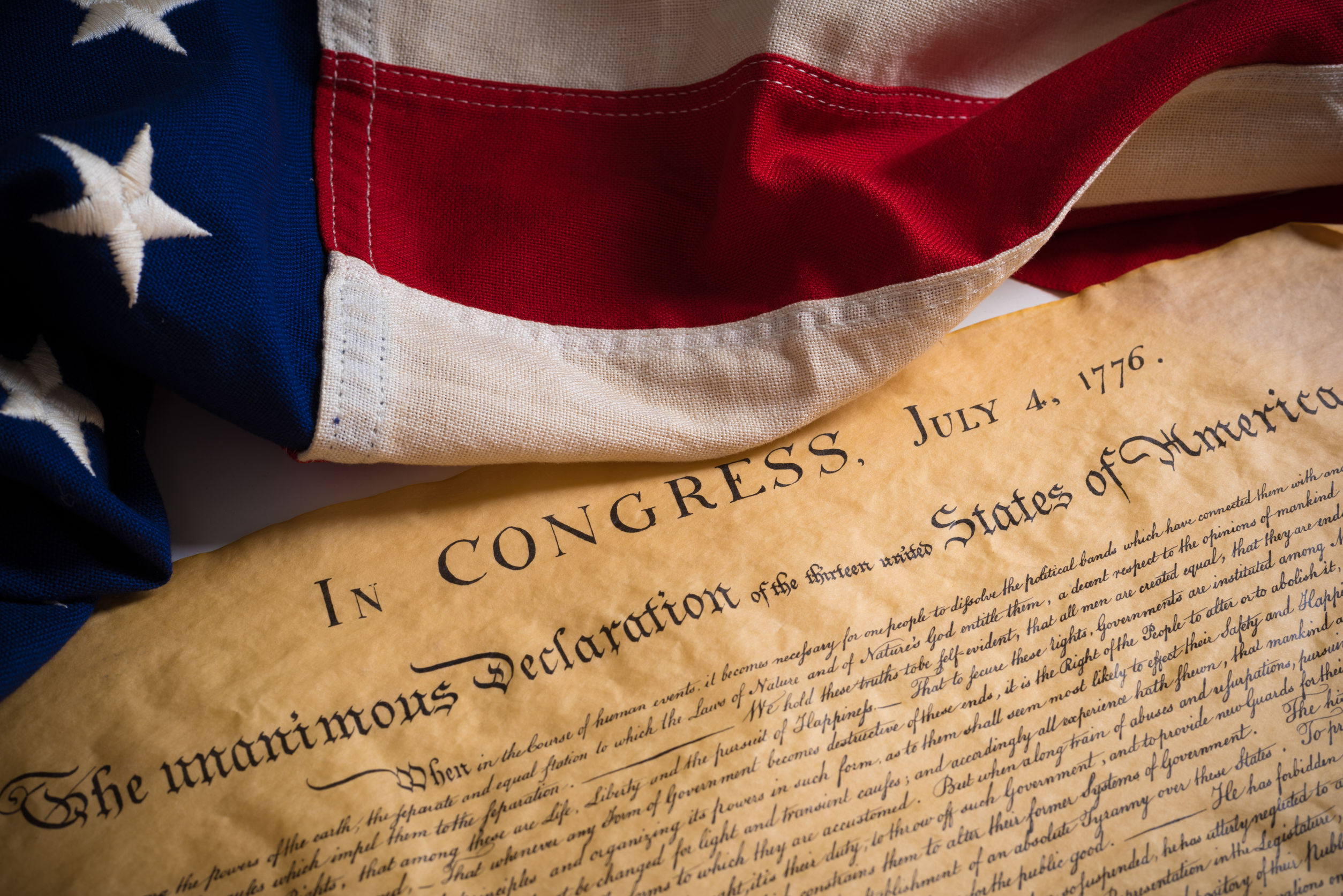 The first Plantagenet king of England, Henry II, is important to contemporary small business owners because he’s considered the founder of a legal system to which entrepreneurs owe their freedom to be.
The first Plantagenet king of England, Henry II, is important to contemporary small business owners because he’s considered the founder of a legal system to which entrepreneurs owe their freedom to be.
His intelligence only exceeded by his ambition, Henry’s attempts to consolidate all of the 12th-century British Isles under his rule created the need for order. And while his motivations were more for his own political expediency than to empower the people, Henry’s subsequent reforms actually gave birth to the legendary English Common Law, which replaced elements of the feudal system that included such enlightened practices as trial by ordeal.
Six centuries later, great progress in the legal and cultural tide of personal freedoms and property rights had evolved from Henry’s reforms and subsequently strengthened in 1215 by King John’s Magna Carta and the English Bill of Rights in 1689. For example, this declaration from British statesman William Pitt, Sr. in 1762: “The poorest man may in his cottage bid defiance to all the forces of the Crown. It may be frail – its roof may shake – the wind may blow through it – the storm may enter – the rain may enter – but the King of England cannot enter – all his force dares not cross the threshold of the ruined tenement!”
Concurrent with the English reform evolution, across the Atlantic in the colonies, a group of now-legendary malcontents we call America’s Founders envisioned and created an extraordinary variation on Pitt’s promise. That variation was a world sans kings.

 Over the years, when I’ve counseled budding entrepreneurs about their startup plans, the exuding passion would often seem to override the imperative of knowing how to operate and sustain their baby. Indeed, they often act as if they must get their business started right now or they would just pop.
Over the years, when I’ve counseled budding entrepreneurs about their startup plans, the exuding passion would often seem to override the imperative of knowing how to operate and sustain their baby. Indeed, they often act as if they must get their business started right now or they would just pop. As the father of an adult daughter and son, plus the grandfather of four knucklehead boys (Hurricane, Tornado, Crash and Train Wreck), I’ve learned some things about love.
As the father of an adult daughter and son, plus the grandfather of four knucklehead boys (Hurricane, Tornado, Crash and Train Wreck), I’ve learned some things about love. Now in my fourth decade as a business owner, this Baby Boomer has been reflecting on what’s been learned that would benefit the next generation of entrepreneurs.
Now in my fourth decade as a business owner, this Baby Boomer has been reflecting on what’s been learned that would benefit the next generation of entrepreneurs.